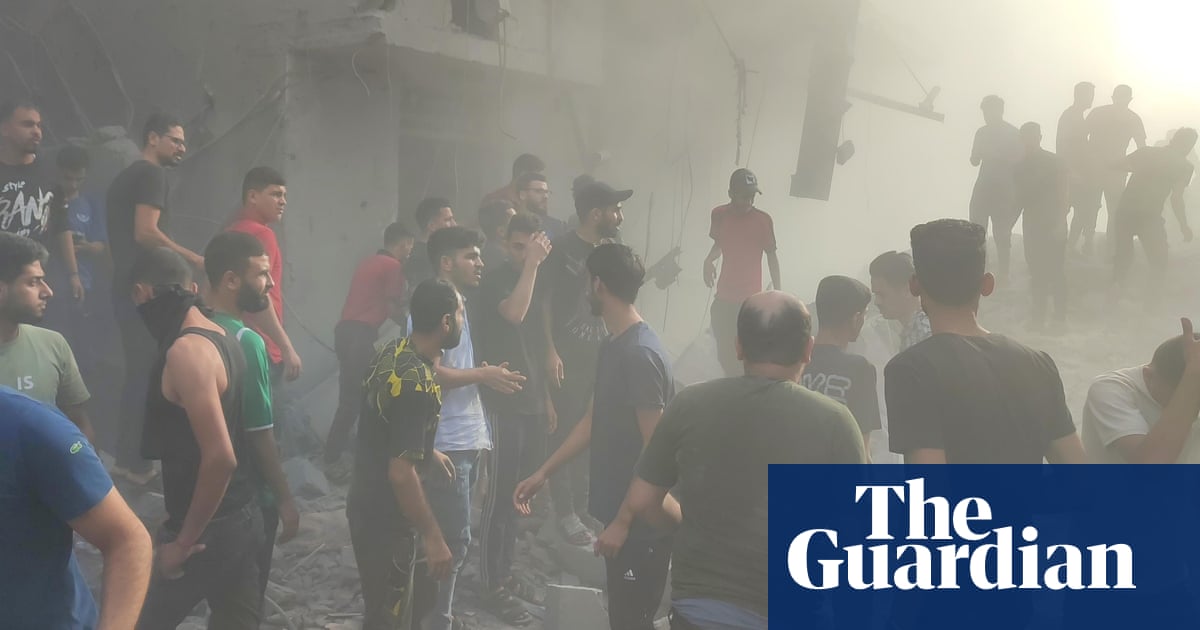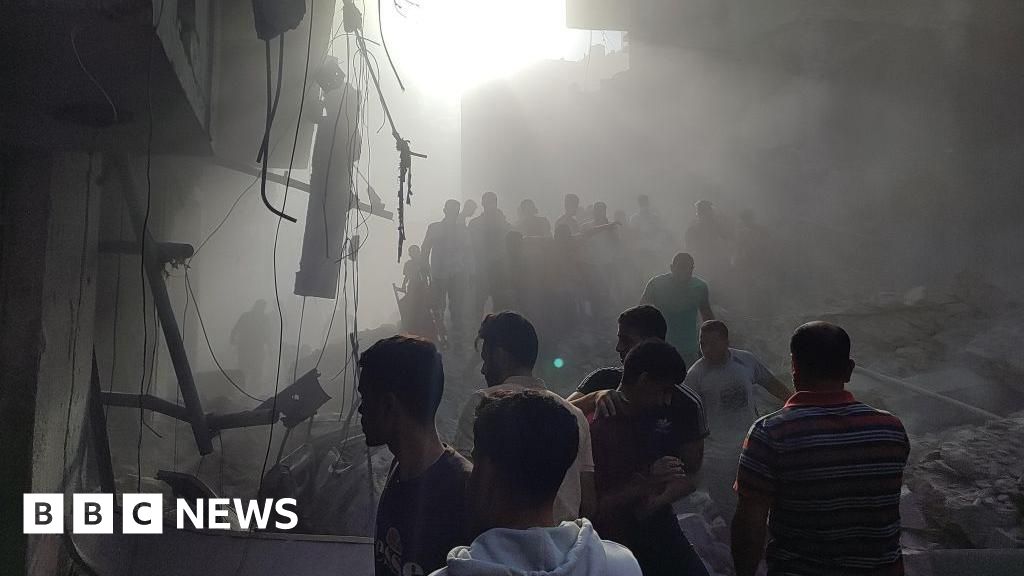Israel’s Prime Minister Benjamin Netanyahu rejected Hamas’s proposed ceasefire terms, claiming that “total victory” in Gaza could be achieved within months. Netanyahu dismissed Hamas’s demands as “bizarre” and declared that negotiations with the group were not progressing. He stated that there is no alternative to achieving complete and final victory. Hamas had laid out a series of terms in response to an Israel-backed ceasefire proposal, including the exchange of hostages and the withdrawal of Israeli forces from populated areas of Gaza.
An Egyptian official source revealed that negotiations mediated by Egypt and Qatar are expected to take place in Cairo, despite Netanyahu’s rejection of Hamas’s plan. The Egyptian official called on all parties involved to demonstrate the necessary flexibility to reach a peaceful agreement. Netanyahu’s refusal to entertain Hamas’s counter-offer contrasts with Qatar’s description of the response as “positive”. Hamas had proposed a three-phase plan, which involved the exchange of hostages and prisoners, as well as an increase in aid deliveries to Gaza.
Netanyahu also confirmed that Israeli forces were being prepared to operate in the southern Gaza city of Rafah, where tens of thousands of Palestinians have sought refuge. UN Secretary-General Antonio Guterres warned that expanding the conflict into Rafah would worsen the humanitarian crisis in the city.
US Secretary of State Antony Blinken expressed determination to work towards reaching an agreement despite acknowledging “clear non-starters” in Hamas’ counter-proposal. Additionally, Sharone Lifshitz, whose parents were among those kidnapped in southern Israel and taken to Gaza, criticized Netanyahu’s rejection, stating that it could lead to further harm to hostages. Netanyahu’s stance illustrates the disparity between the US and Israel’s approaches to Gaza’s future, with the US emphasizing a vision that includes a Palestinian state.
The key question remains whether efforts can salvage the talks to facilitate an exchange of hostages and prisoners and provide much-needed humanitarian relief in Gaza.







.webp)
/cdn.vox-cdn.com/uploads/chorus_asset/file/25462047/STK155_OPEN_AI_CVirginia_2_D.jpg)
